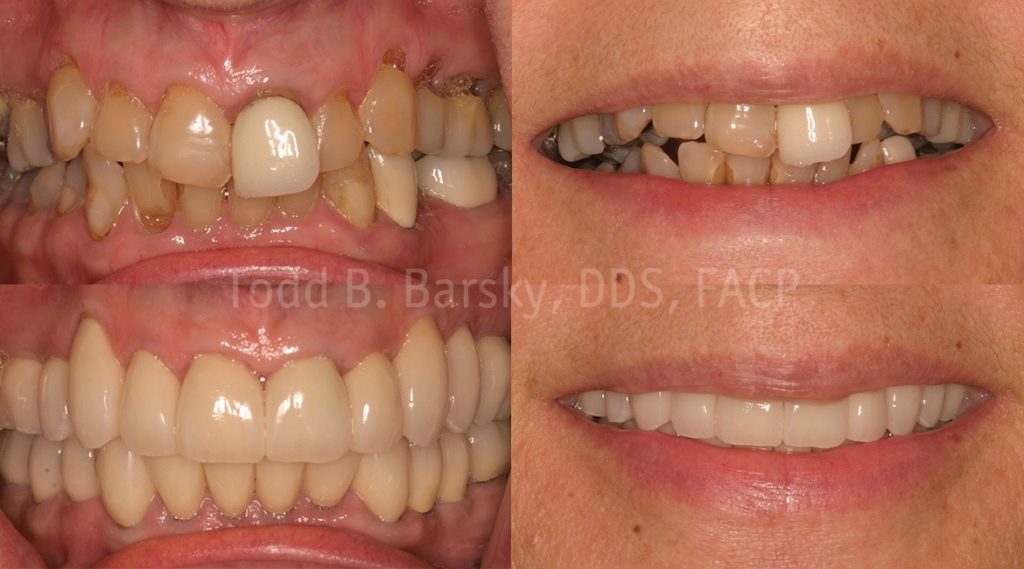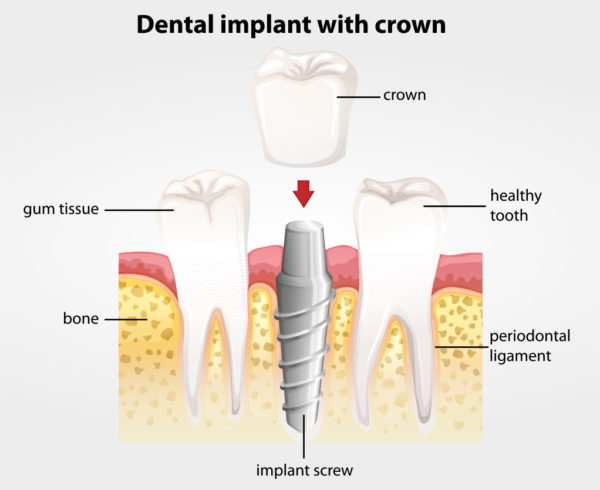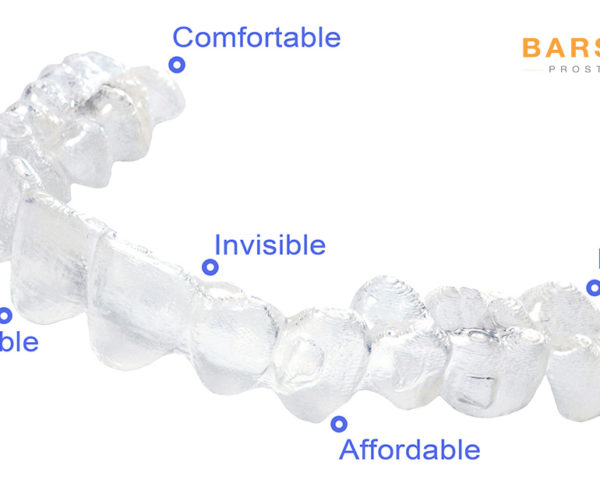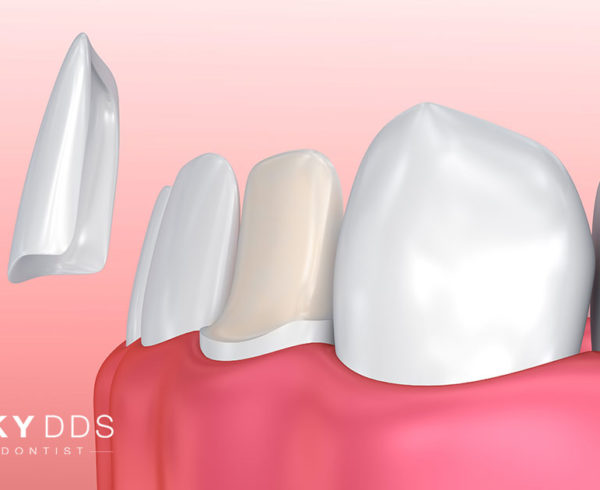Patients with cracked, broken, or damaged teeth might be advised by their oral health professional to get dental crowns. This procedure can dramatically help patients when it comes to easing pain and discomfort, protecting teeth from further damage, and completing smile restoration or enhancement. This guide will give patients the information they need to know if they are considering dental crowns.
What are Dental Crowns?
Dental crowns are artificial teeth installed in the mouth. They can be used to complete a dental implant or can be bonded to the top of an existing tooth. Dental crowns work to protect the tooth by covering any damage to it and preventing worse damage from occurring. There are many different types of dental crowns, and they can be made from different materials to fit each patient’s needs and budget.
Dental Crowns Before and After 1

How Long do Dental Crowns Last?
Dental crowns usually last between five and 15 years. It is important to note that the way a dental crown is cared for will dramatically impact its lifespan. Patients looking to get the most time out of their dental crowns should minimize sticky foods and be sure to brush and floss regularly, as well as visiting the dentist at least every six months for an examination and cleaning. Additionally, habits like chewing ice or fingernails, or using teeth to open a package can also reduce the lifespan of dental crowns.
Can Anyone Notice Dental Crowns?
Dental crowns are usually designed to not be noticed. Crowns that go in the back of the mouth might be made of gold or stainless steel, but crowns in the visible areas of the mouth will usually be made of porcelain or resin that closely resembles the appearance, color, and texture of a patient’s natural teeth. As a result, someone you know well could have dental crowns and you might not ever realize it.
What Kind of Results Can Patients Expect?
Patients should always ask to see pictures of past results when they are talking to their dentist about dental crowns. This will give patients a good idea of what to expect when it comes to their dental crown procedure. Most patients are happy with their dental crowns, and have reported less pain and discomfort, a better smile, more confidence, an easier time chewing food, and fewer complications with their oral hygiene as a result of their dental crowns.
Dental Crowns Before and After 1

Actual Dental Crown Patient of Dr. Todd Barsky
How Are Dental Crowns Cared For?
Dental crowns are cared for just like regular teeth. Patients should brush and floss regularly, and see an oral health professional at least every six months for routine cleaning and examinations. Patients can increase the lifespan of their crowns by avoiding very hard foods, sticky foods, and destructive oral health habits like smoking, eating sticky foods, chewing on finger nails, or opening packaging with teeth.
Are there Any Alternatives to Dental Crowns?
There are some alternatives to dental crowns for some patients, but, for the most part, dental crowns are the least invasive procedure that will resolve many oral health issues. Alternatives include dental implants, dentures, fillings, and other options that might not be as effective or may be much more involved when compared to dental crowns.
As you can see, dental crowns are a safe, effective option for many patients suffering from broken, cracked, discolored, stained, or otherwise damaged teeth. The result is less pain and discomfort and an easier time eating food. Patients also report feeling better about their smile, and an increased sense of overall well-being. The flexibility when it comes to materials and the procedure means that there is a dental crown solution for many patients.






